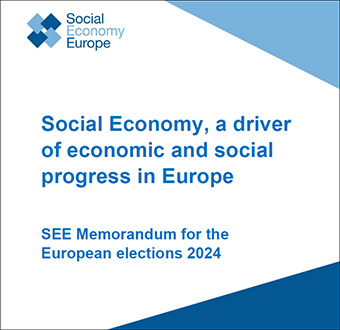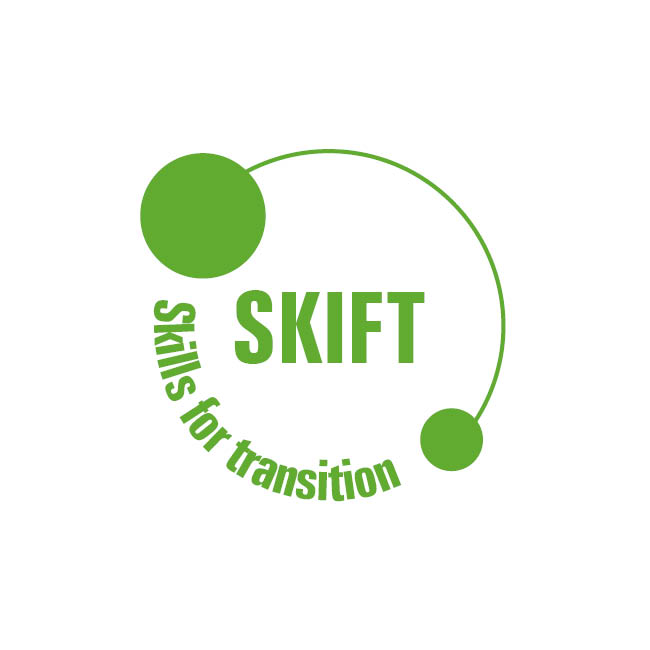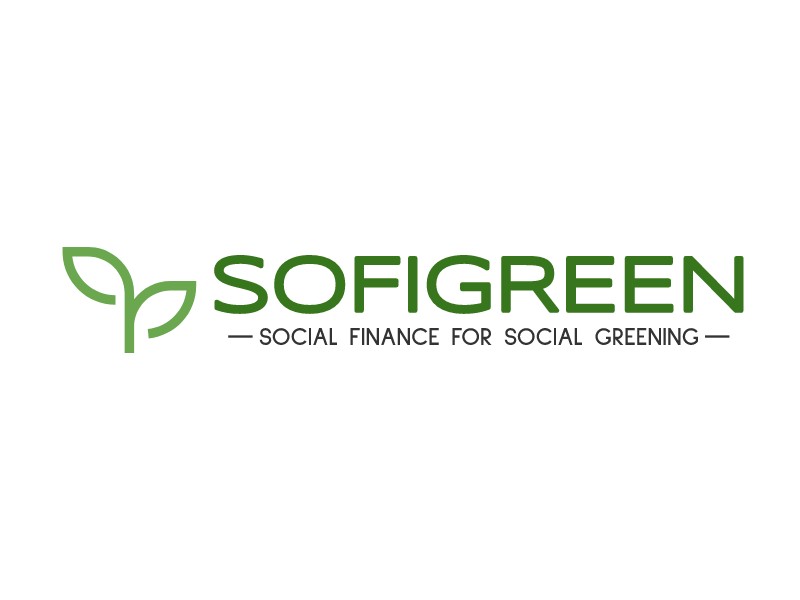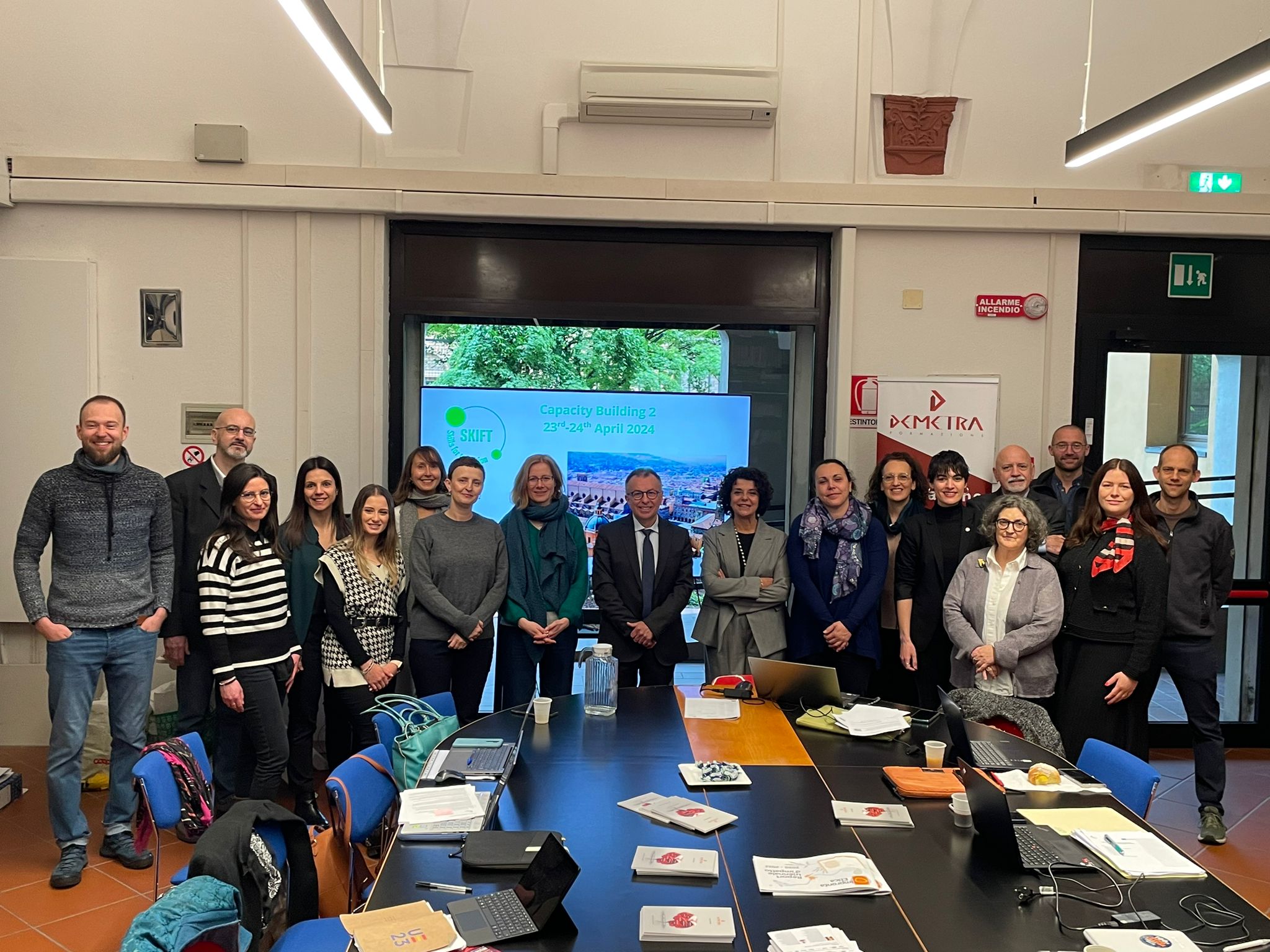The project “Integral ecology for childhood rights” (short EIDI) has been developed by a partnership between public and private social organizations of two Italian cities characterized by substantial differences, but with a common vision: Messina and Brescia.
Focusing on children, families and the larger community in which children grow up, this project is developing actions of “behavior change” that start from 9 months of pregnancy and accompany the first two years of life of the child (visits at the home of families, information on available services and promotion of universal access to services, informing parents about the importance of choices which are crucial when laying the foundations for a healthy growth of the child, promoting aloud reading and listening to music.
In addition to these activities focused on the child and its immediate social context (the family), other actions promote the growth of a community that can generate alternatives in the areas of human functioning (reference to Sen’s Capability approach) of newborn children and their families (knowledge, sociality, work).
Itegral ecology for children’s rights is a project of experimentation and implementation of complex policies to address the issue of child educational poverty, starting from the pre-conditions that determine it. The complexity (in the literal sense) of these policies does not only refer to the type of interventions needed, but also to those who develop and/or implement them. In fact, going beyond the fundamental model of public and universalist delivery, EIDI aims to involve in the process the local actors of well-being, the natural terminals of social relations of a territory, the community as a whole.
The Brescia experience, conducted in partnership between CAUTO, the Foundation of the Brescia Community and the Municipality of Brescia, is an excellent example of the adaptability of key concepts – personalized action, capacity budget, taking charge of the community – to the context.
“Welcome to community” and “family times” are two cornerstones of the EIDI project that in Brescia have been grafted in a virtuous way, and without unnecessary duplication, on the interventions implemented by public administrations for newborns.
The involvement of the role of the community, both at second level, composed of organized stakeholders who act policies for children and families, and at first level, composed of people who live on a territory, is a fundamental point.
As far as bodies and organisations active in the sector are concerned, it has been possible to ascertain the effectiveness and efficiency of the transition from a mono-dimensional vision of the intervention to a practice of transversal action. This is not only substantiated in terms of coordination of actions between organizational structures, but also and especially in the increased awareness of the operator to be part of a wider process, resulting in better understanding and assumption of their role, even in problematic terms.
Where, however, the process triggered by EIDI in Brescia shows its potential is in the involvement of the community of citizens as an active part, from different points of view.
First of all, in the identification of conditions of discomfort or risk, especially when they escape the frameworks provided by static reading grids. The perception of the situation at risk through informal and uncodified indicators, but made clear to the communities by the experience of the territory, has allowed to identify and treat marginal situation that are not yet extreme, in a somewhat preventive manner. This, however, must not lead us to think of a role of mere controller or substitute for public institutions; rather, we must appreciate the recovery of the protection network, which is the primary function of the community. Through the collection of reports during targeted meetings, or through the knowledge of opportunities for help, people at risk are directed towards a path of support that specialized operators provide.
However, it would be reductive to limit the function to reporting risk situations. The EIDI project in Brescia involves the community in a positive sense, in terms of the community that welcomes even before protecting: every newborn is given a welcome in the form of a gadget produced within the community itself. It is a symbolic shelter produced by an association that brings together 250 people from the districts involved in the project. In addition to the symbolism represented by the gadget itself (chosen by the community …), the act of giving, especially to people who normally receive nothing for nothing, concretely expresses the sense of belonging to a system of relationships based on solidarity and non-predation.
The implementation of “capacity budgets”, managed mainly by the Foundation of the Brescia Community, shows the usefulness of intervening on the implementation of social functions that allow the individual, or the family, to recover their parental function, in a generative way for the community. As experience has shown, the use of resources to reduce gaps, instead of providing a direct contribution to the individual, allows people in a situation of progressive social disintegration to quickly recover a role and (re)knowledge of it. A team of operators identifies, with the help of the communities, the situations that may require support interventions, selects on the basis of risk and initiates a process of accompaniment that always begins with the signing of a personal agreement through which the subject of the action is primarily committed to recovering parental skills, restructuring their personal value and use it to rebuild the paths of social network.
Financial resources are therefore used as a vehicle for overcoming functional gaps, whether they are represented by personal deficiencies (e.g. poor working skills, i.e. in positive need of internship) or system ones (lack of possibility of entrusting children outside institutional times, i.e. in positive need of a baby-sitting service).
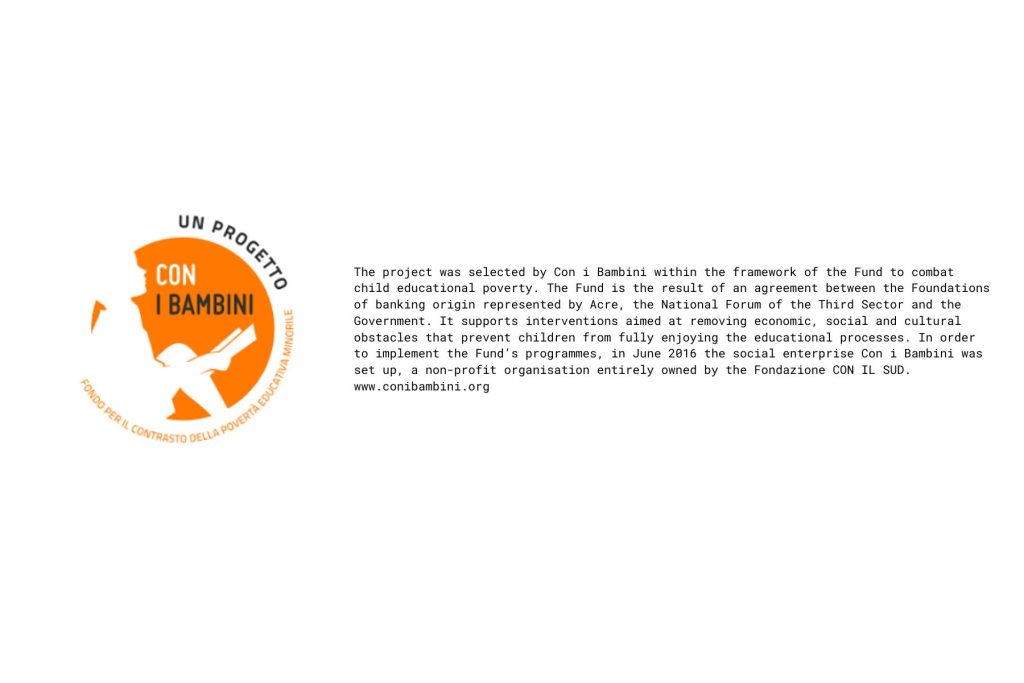
 Docs
Docs  Support
Support 


